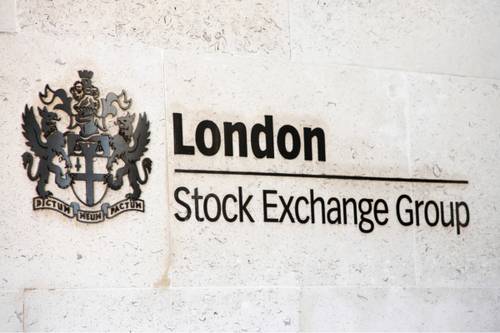An initial public offering (IPO) is one of the primary options for founders and investors looking to raise significant amounts of capital. While London’s markets have historically been a pre-eminent location for companies to list, there has been growing concern about the City’s international competitiveness – particularly when it comes to technology firms.
The government is seeking to address the problem with various reforms to the listing regime, following recommendations made by Lord Hill, the previous EU commissioner for financial services, in a report released last year.
Founders of high-growth tech businesses will be acutely aware of the amount of time and effort required to raise capital and the impact it can have on the management and performance of the core business.
That’s why it’s important for UK tech businesses, which often have high cash burn rates, to understand how the changes to London’s listing rules might affect their decision to go public or continue raising cash via private equity.
Here’s everything companies considering a London IPO need to know about the UK listings review.
UK Listings Review – what you need to know
The UK Listings Review sets out the concerns about London listings with some telling facts. Between 2015 and 2020 London only accounted for 5% of IPOs worldwide, while the number of listed companies in the UK has fallen by around 40% since a 2008 high.
There is concern that the most significant UK listed companies do not represent newer, innovative growth sectors such as tech and life sciences, but represent the ‘old economy’ sectors (banks, miners and oil & gas companies) and financial services.
Additionally, high-profile recent tech listings such as Deliveroo, Wise and Darktrace have struggled to maintain their IPO valuations following London listings.
In light of this, it is not a surprise that UK companies have listed in the US – such as Cazoo and Babylon – or have elected to remain private with private equity backing. For the UK to maintain a thriving environment for tech businesses to grow, companies need a wide set of options to raise capital including through the capital markets.
Steps to maintain the City’s global position are therefore already well overdue.
Significantly, the UK’s current listing regime remains based on the EU regime following Brexit and Lord Hill’s report includes a recommendation that the Financial Conduct Authority (FCA) should – as is the case with some regulators in other jurisdictions – be given a specific mandate to consider competitiveness or growth as a regulatory objective.
To address this, the FCA implemented a number of very important changes to the listings rules in December 2021.
What changes have been made to London IPO rules?
Increased minimum market capitalisation
The minimum market capitalisation for companies listed on the main market was increased from the £700,000 previously required by EU laws to £30m. This should be to the benefit of standard listed companies on the main market. In recent years the standard list was perceived as having lower standards than the ‘junior’ AIM market (where the regulatory responsibility falls on the exchange/nominated advisers and not the FCA).
The rule change is a welcome step in resetting the London markets by enforcing a higher minimum size and hopefully better quality (although this is by no means always a given) of company that can seek a listing on the main market. Larger companies should also be better positioned to enable compliance with the higher standard of a main market listing.
In addition, it should be seen as a welcome step by the junior markets, such as AIM and Aquis, in ensuring smaller companies list on more suitable growth markets before graduating to the main market when appropriate.
The net effect of this change should be to raise standards on all markets and therefore to inspire greater investor confidence,
Reduction of ‘free float’ requirements
The free float of a company is the number of shares in public hands – not held by management and connected parties – and this is reduced from 25% to 10%.
The change should encourage founder-run companies and investors who are seeking to retain control whilst also enabling larger raises.
New dual-share structure allowed
Listed companies, including premium listed companies, will be permitted to have a ‘targeted’ dual share structure.
This is another significant change that brings the London market into alignment with other major exchanges and enables founders to maintain control of their companies after a listing, regardless of the amount of shares held.
London IPO rule changes in summary
The changes demonstrate the delicate balancing act that regulators are walking to maintain the City’s competitiveness. The increase to the minimum market capitalisation should have the net effect of raising the standards of companies brought to the main market with a related improvement in investor confidence.
The free float and dual share structure changes are targeted, matching the regime in London to other jurisdictions – in particular the US – and have previously been resisted as a lowering of standards.
In implementing changes that encourage more listings of companies, perhaps at an earlier stage, the regulators must have one eye on London’s reputation for high standards and robust processes that provides protection to investors.
After all, this high reputation is one of the important advantages that London holds over other jurisdictions when it comes to public listings.
Richard Pull is a partner in the corporate team at Goodman Derrick LLP, the London law firm.
The post UK Listings Review: what new rules mean for tech firms mulling a London IPO appeared first on UKTN | UK Tech News |.



